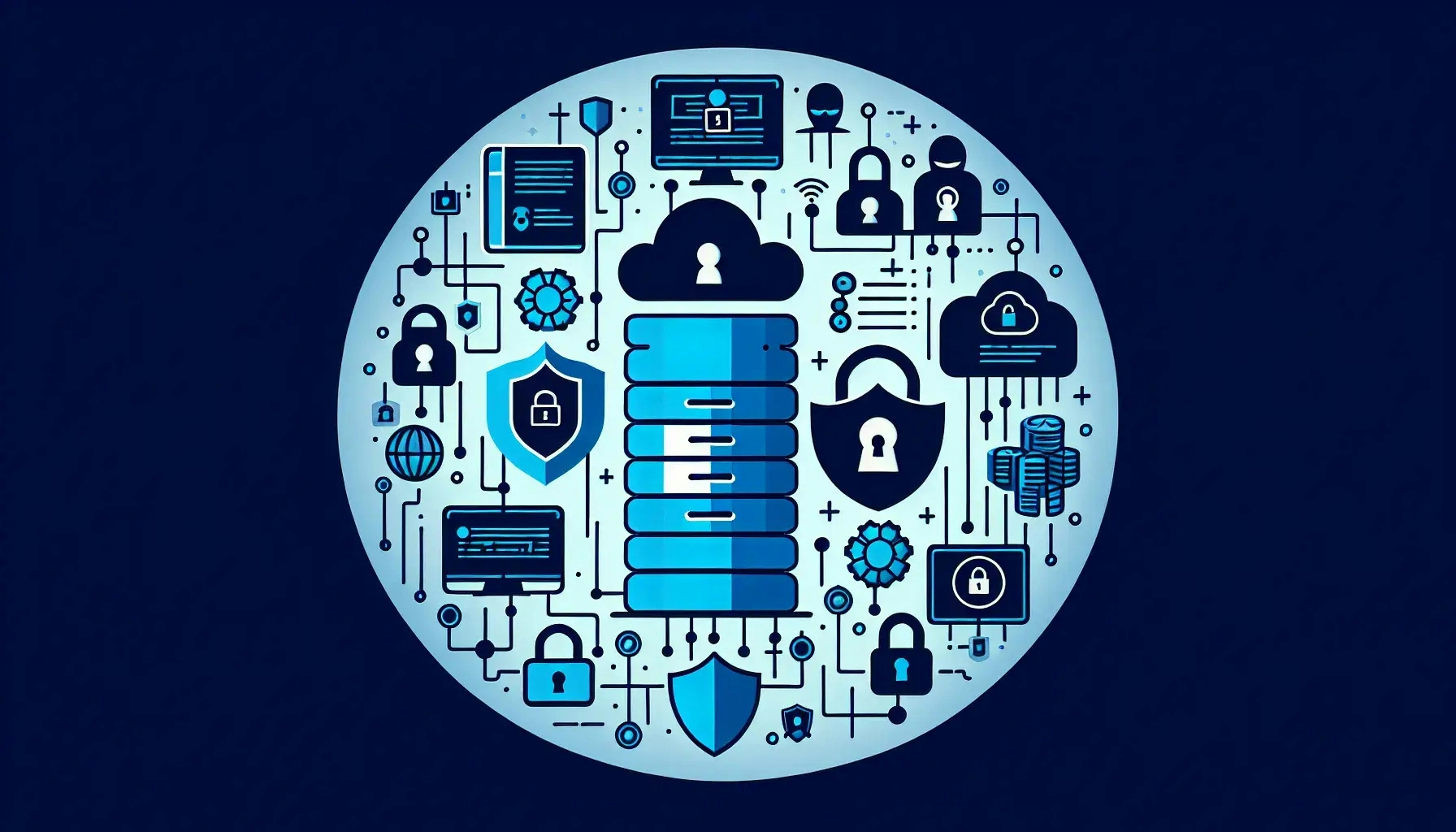In the digital age, data integrity is a cornerstone of any successful business. However, the threat of extortion looms large, posing a significant risk to the security and reliability of your data. This blog post aims to provide a comprehensive guide on how to ensure data integrity against extortion threats. We will delve into various strategies, from understanding the nature of these threats to implementing robust security measures.
Understanding Extortion Threats
Extortion threats in the digital world are a growing concern. Cybercriminals often target businesses, threatening to compromise their data unless a ransom is paid. Understanding these threats is the first step towards safeguarding your data integrity.
Extortion can take many forms. Ransomware attacks, for instance, involve malicious software that encrypts a victim's data, rendering it inaccessible until a ransom is paid. Another form of digital extortion is DDoS attacks, where hackers overwhelm a network with traffic, causing it to crash. They then demand a ransom to stop the attack.
To protect against these threats, you need to stay informed about the latest extortion tactics. Regularly updating your knowledge about cybersecurity trends can help you anticipate potential threats and take preventive measures.
Implementing Robust Security Measures
Implementing robust security measures is crucial in ensuring data integrity against extortion threats. These measures should include both technical and administrative controls.
Technical controls involve using advanced security software and hardware. For example, firewalls and intrusion detection systems can help prevent unauthorized access to your network. Regularly updating your systems and software can also protect against known vulnerabilities that extortionists might exploit.
Administrative controls, on the other hand, involve policies and procedures that govern how your organization handles data. These might include access controls, which limit who can access certain data, and incident response plans, which outline what to do in the event of a security breach.
Regular Data Backups
Regular data backups are another essential strategy for ensuring data integrity. Backups provide a way to restore your data in case it gets compromised due to an extortion threat.
You should perform backups regularly and store them in a secure location. Ideally, you should have multiple backups stored in different locations. This way, if one backup gets compromised, you still have others to fall back on.
In addition to regular backups, you should also test your backups periodically. This ensures that they can be restored successfully when needed.
Employee Training and Awareness
Employee training and awareness are often overlooked but are crucial in ensuring data integrity. Employees are often the weakest link in an organization's security, and extortionists know this.
Training should cover the basics of cybersecurity, such as recognizing phishing emails and using strong passwords. But it should also cover specific threats that your organization might face, such as ransomware or DDoS attacks.
Awareness campaigns can also be effective. These might involve regular reminders about security best practices, or updates about new threats and how to avoid them.
Incident Response Planning
Having a solid incident response plan in place is another key strategy for ensuring data integrity. An incident response plan outlines the steps your organization should take in the event of a security breach.
A good incident response plan should include steps for identifying and containing the breach, eradicating the threat, and recovering from the incident. It should also include steps for communicating with stakeholders, such as employees, customers, and regulators.
After an incident, it's also important to conduct a post-incident review. This can help you identify what went wrong and how to prevent similar incidents in the future.
Engaging with Cybersecurity Professionals
Lastly, consider engaging with cybersecurity professionals. These experts can provide valuable advice and assistance in ensuring your data integrity.
Cybersecurity professionals can help you assess your current security posture, identify vulnerabilities, and implement effective security measures. They can also provide training for your employees and help you develop an incident response plan.
While hiring a cybersecurity professional might seem like a significant investment, the cost of a data breach can be much higher. Therefore, investing in professional help can be a wise decision.
Wrapping Up: Safeguarding Your Data Integrity
In conclusion, ensuring data integrity against extortion threats involves a multi-faceted approach. From understanding the nature of extortion threats to implementing robust security measures, regular data backups, and effective incident response plans, every step plays a crucial role. Employee training and engagement with cybersecurity professionals further fortify your defense. Remember, in the face of rising digital threats, proactive measures are your best line of defense.

